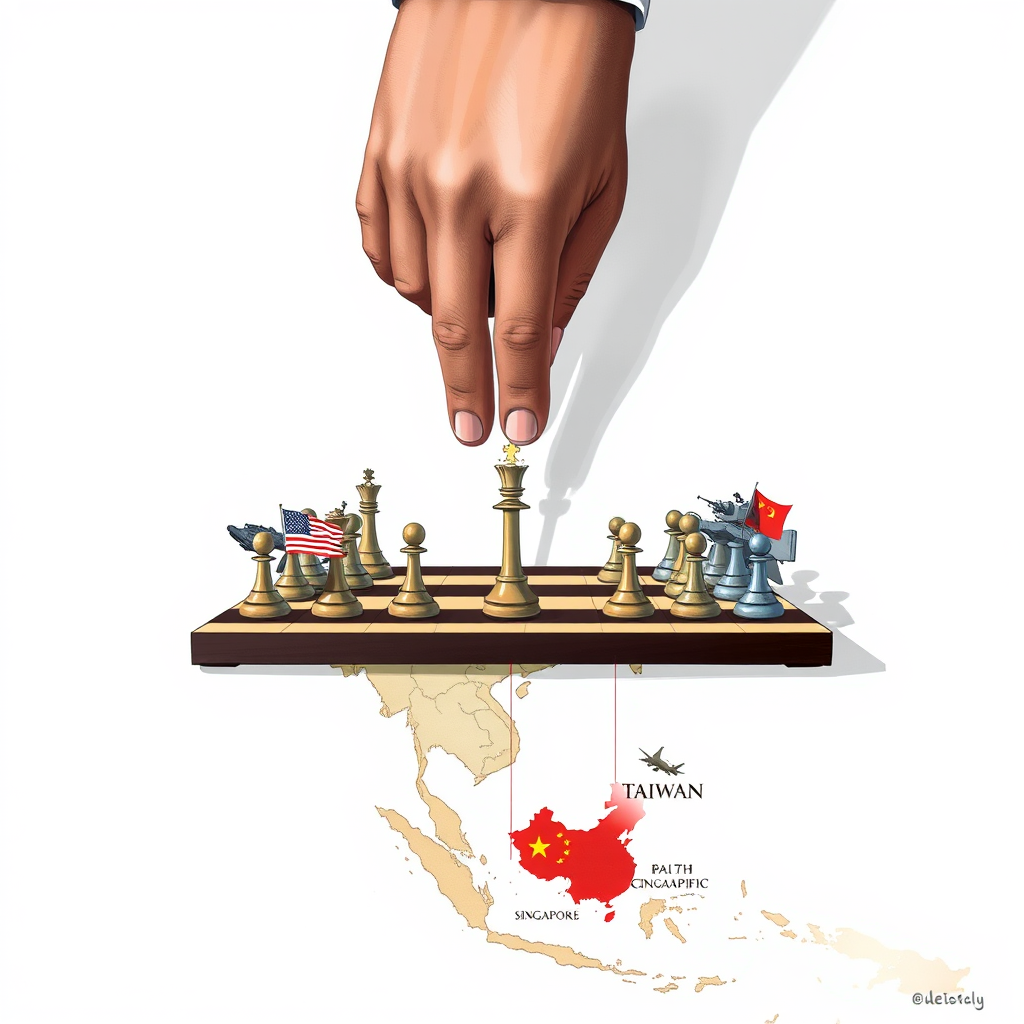Hegseth’s Pacific Pledges Clouded by Trump’s Policies

Defense Secretary Pete Hegseth delivered a robust, yet carefully calibrated, address at the IISS Shangri-La Dialogue in Singapore this weekend, signaling a renewed U.S. focus on the Indo-Pacific region. The speech, a clear departure from recent rhetoric – particularly that of Vice President J.D. Vance’s criticisms of European democracies – forcefully called out China’s military expansion, “grey zone tactics,” and “hybrid warfare.” Hegseth repeatedly emphasized the importance of America’s alliances in the region, invoking the word “peace” a remarkable 27 times.
Hegseth framed President Trump as a proponent of peace, stating the administration aims to achieve it “through strength.” He positioned the Indo-Pacific as the U.S.’s “priority theater,” and notably praised European nations for increased defense spending, suggesting Asian counterparts follow suit. This stance contrasts sharply with the administration’s apparent willingness to allow Europe to handle its own security concerns, while the U.S. concentrates its resources – including a projected $1 trillion defense budget representing a 13% year-on-year increase – on the Indo-Pacific. Plans include bolstering forward deployments, strengthening allied capabilities, and rebuilding defense industrial bases within partner nations.
The Secretary didn’t shy away from direct accusations against China, alleging President Xi Jinping has ordered his military to be prepared to invade Taiwan by 2027, warning an assault “could be imminent.” These remarks predictably drew sharp criticism from Beijing, which accused Hegseth of “vilifying China” and warned against interference in what it considers an internal matter. Notably, China’s defense minister was absent from the summit for the first time since 2019, reportedly due to a corruption investigation, though recent reports suggest he has been cleared.
The Chinese delegation present dismissed Hegseth’s accusations as harsh and hypocritical, pointing to U.S. tariffs as undermining potential partnerships. Indeed, Trump’s ongoing trade wars loomed large over the proceedings. Hegseth deflected questions about tariffs, stating he deals in “tanks, not trade,” and deferring to the President’s expertise.
The overarching impression in Singapore was that while Hegseth’s commitment to the region and alliance-building was welcomed, it was tempered by the unpredictable nature of the Trump administration. Hegseth himself acknowledged his role is to “create and maintain decision space” for the President, not to make decisions independently. Delegates expressed a pervasive sense that U.S. policy is heavily reliant on one man, whose frequent shifts – from criticizing allies to pursuing deals – have eroded trust in American commitments.
The speech, while strong on rhetoric, ultimately felt like a carefully constructed message designed to reassure allies while acknowledging the inherent uncertainty surrounding U.S. policy. The question remains whether words will translate into consistent action, or if, as one European delegate suggested, it’s “just talk.” The prevailing sentiment among many attendees was that Trump remains focused inward, and that genuine, sustained leadership on the global stage remains elusive.